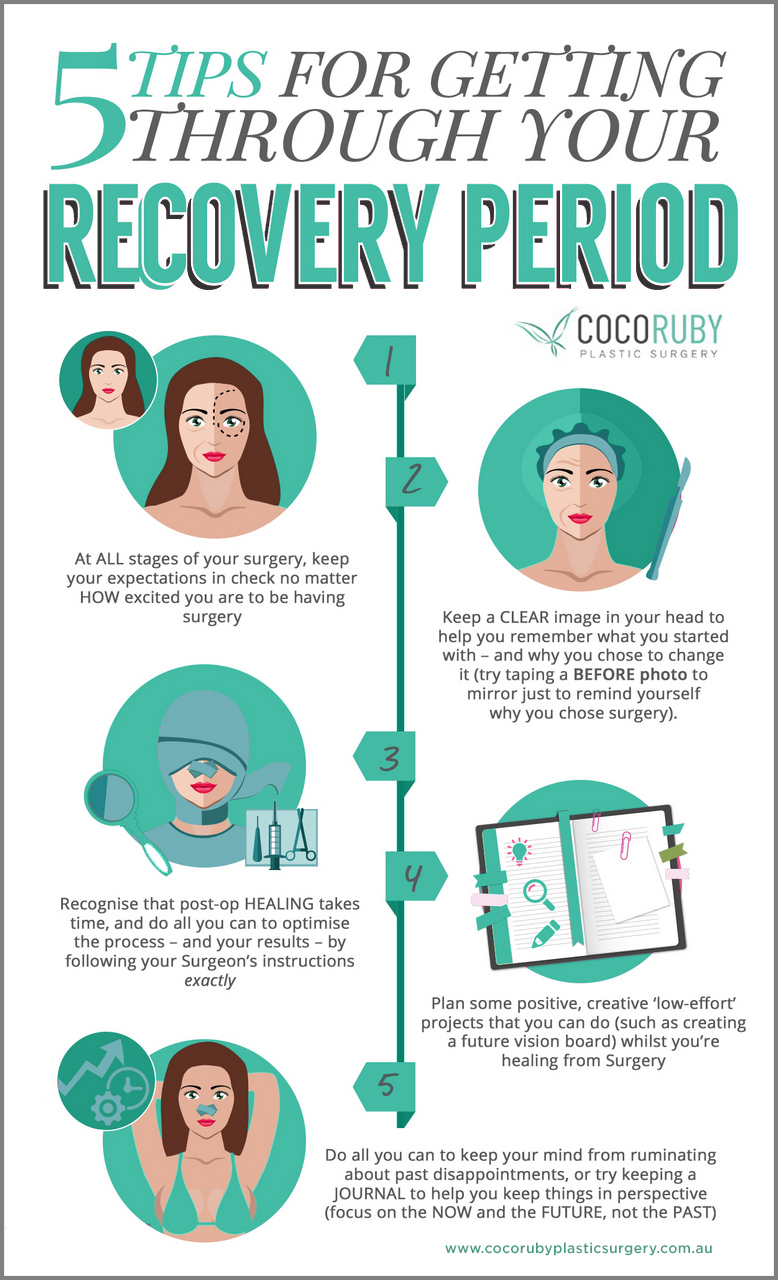Why Every Patient Should Undergo Non-Invasive Surgery Psychological Assessment Ahead of Surgery
Why Every Patient Should Undergo Non-Invasive Surgery Psychological Assessment Ahead of Surgery
Blog Article
Exactly How Psychological Assessments Boost Plastic Surgery Outcomes
By thoroughly reviewing patients' emotional and mental states, doctors can get beneficial insights into their inspirations, assumptions, and potential mental obstacles. As we explore the nuances of this technique, the ramifications for both person complete satisfaction and long-lasting psychological wellness become noticeable, raising important questions about its function in forming the future of cosmetic surgical procedure.
Recognizing Psychological Assessments
Psychological analyses in the context of cosmetic surgery act as essential tools to evaluate a patient's psychological and emotional readiness for surgical treatment. These analyses are made to recognize underlying mental problems, such as body dysmorphic condition, depression, or stress and anxiety, which may affect a client's expectations and satisfaction with medical outcomes.
The process normally includes structured interviews, standard surveys, and professional evaluations carried out by experienced psychological wellness specialists. By methodically checking out a client's motivations for looking for plastic surgery, these evaluations assist to discern whether the need for surgical procedure comes from realistic self-improvement goals or from deeper mental issues.
Additionally, mental assessments can facilitate notified decision-making by guaranteeing that clients totally understand the possible dangers and advantages connected with aesthetic treatments. This understanding is essential for aligning patient assumptions with practical results, ultimately adding to a more sufficient surgical experience.
In addition, these analyses can determine individuals who might benefit from preoperative psychological support or therapy, thereby improving their total health. Thus, understanding psychological assessments is crucial for maximizing both the medical and mental outcomes of plastic surgery.

Benefits for Patients
The execution of psychological assessments in plastic surgery provides various advantages for people, significantly enhancing their total experience. These evaluations offer an organized possibility for people to discover their inspirations for seeking surgery. Comprehending their underlying wishes can promote even more enlightened decision-making, lowering the possibility of regret post-surgery.

Additionally, emotional assessments can facilitate much better interaction in between clients and their doctors. By expressing ambitions and problems more clearly, individuals can develop sensible goals, resulting in an extra sufficient medical experience. In addition, these evaluations can enhance patient-surgeon relationship, promoting trust and cooperation throughout the medical journey.
Effect On Surgical Outcomes
Exactly how do mental assessments affect medical results in cosmetic procedures? Psychological analyses work as essential devices in recognizing people' mental health standing, assumptions, and inspirations before surgical procedure. cosmetic surgery mental health screening. By analyzing factors such as body picture understanding and psychological wellness, these evaluations can forecast how people will certainly respond to aesthetic treatments
Research indicates that people with realistic expectations are more probable to report complete satisfaction post-surgery. On the other hand, those with underlying psychological issues, such as body dysmorphic problem, might experience dissatisfaction no matter of the step-by-step result. By determining these problems early, practitioners can manage person expectations efficiently and decrease the probability of issues or regret after surgical procedure.
In addition, psychological analyses can boost the surgeon-patient partnership, cultivating open communication and trust. This relationship is vital for making certain that clients really feel comfy discussing their issues and goals, ultimately causing more beneficial medical end results.
Tailoring Surgical Approaches

As an example, a person showing signs of stress and anxiety might gain from a more gradual approach, maybe beginning with much less invasive treatments before proceeding to much more comprehensive surgical treatments. On the other hand, people with a solid sense of self and practical expectations may be appropriate prospects for even more significant treatments.
Additionally, mental examinations can assist identify clients that might call for additional assistance or counseling, particularly if their inspirations stem from underlying mental issues. Customizing surgical techniques not just enhances the technological implementation of the treatment but likewise promotes a collaborative atmosphere in between the doctor and individual, leading to even more satisfactory outcomes. Ultimately, this customized technique advertises a much deeper understanding of the person's special scenarios, resulting in a more harmonious equilibrium between visual objectives and psychological wellness, therefore maximizing the general plastic surgery experience.
Supporting Long-Term Contentment
To advertise long-term fulfillment in plastic surgery, it is important to develop realistic assumptions and foster open interaction in between the cosmetic surgeon and patient throughout the process. Emotional evaluations act as a beneficial device hereof, making it possible for doctors to gauge a patient's inspirations, wishes, and potential emotional outcomes. By recognizing a patient's mental and emotional state, specialists can provide tailored referrals that line up with the client's true desires.
Furthermore, participating in comprehensive conversations about the potential threats, benefits, and constraints of the procedure helps mitigate impractical assumptions. cosmetic surgery mental health screening. People that are well-informed are more probable to value the outcomes, adding to higher fulfillment rates. Continual follow-up after the surgical treatment is likewise crucial in strengthening the surgeon-patient partnership and resolving any type of concerns that may emerge during healing
Additionally, mental examinations can determine people who visit this page may be at risk for post-operative discontentment, permitting for preemptive interventions. Inevitably, the integration of mental evaluations right into the plastic surgery procedure not just boosts medical results yet additionally advertises lasting complete satisfaction, making certain that patients really feel content with their decisions and results as time advances.
Verdict
By assessing patients' mental and psychological readiness, these assessments facilitate the identification of underlying psychological problems and inspirations, leading to extra tailored surgical strategies. The combination of emotional evaluations right into the medical procedure represents an essential development in client treatment and outcomes.
The execution of mental evaluations in cosmetic surgical procedure offers countless benefits for people, significantly boosting their overall experience.In addition, mental examinations can aid determine clients who from this source might call for added assistance or counseling, specifically if their motivations stem from underlying psychological issues. Mental analyses serve as a beneficial device in this respect, allowing surgeons to gauge a client's inspirations, wishes, and prospective mental outcomes. By comprehending a person's mental and emotional state, doctors can offer tailored suggestions that straighten with the individual's true aspirations.
By evaluating patients' emotional and psychological preparedness, these analyses assist in the recognition of underlying emotional conditions and motivations, leading to extra customized medical techniques.
Report this page